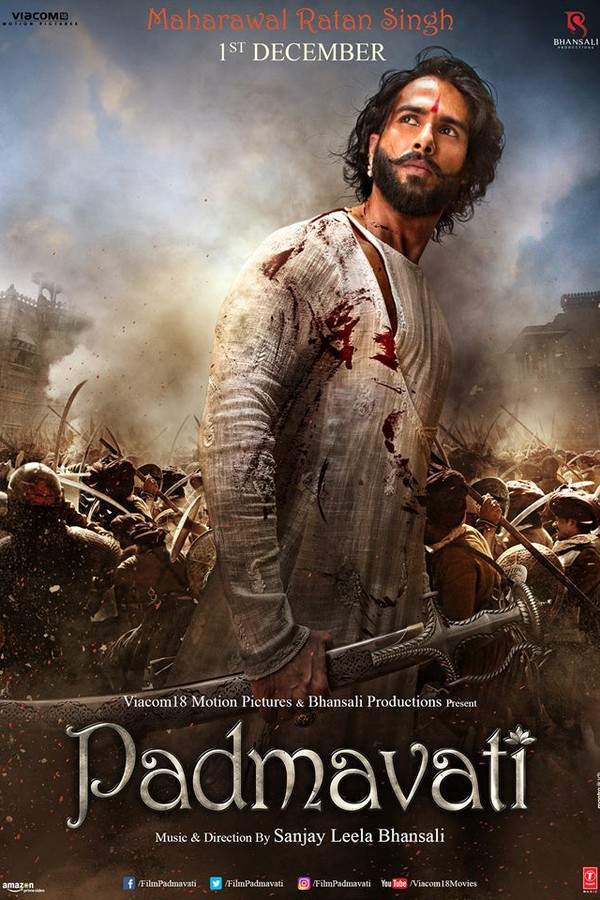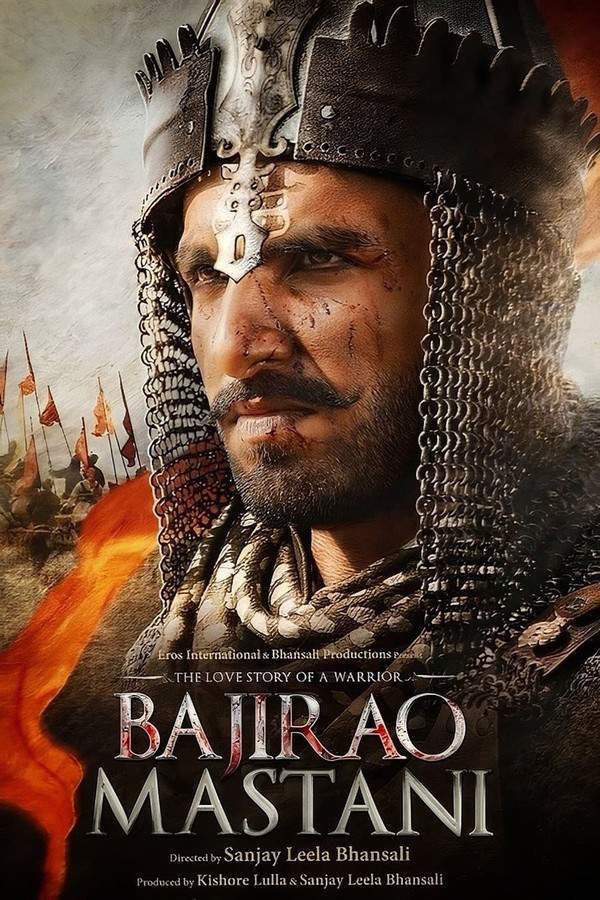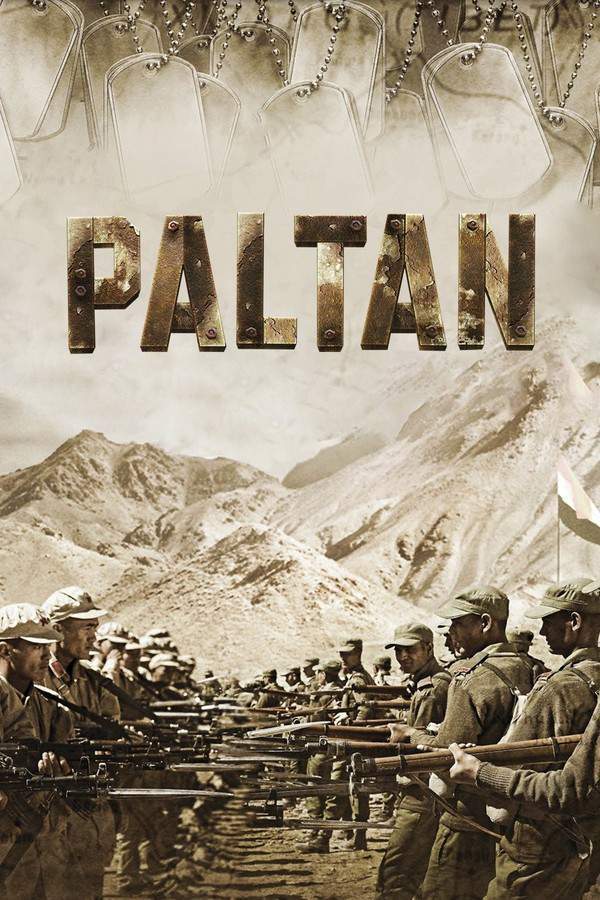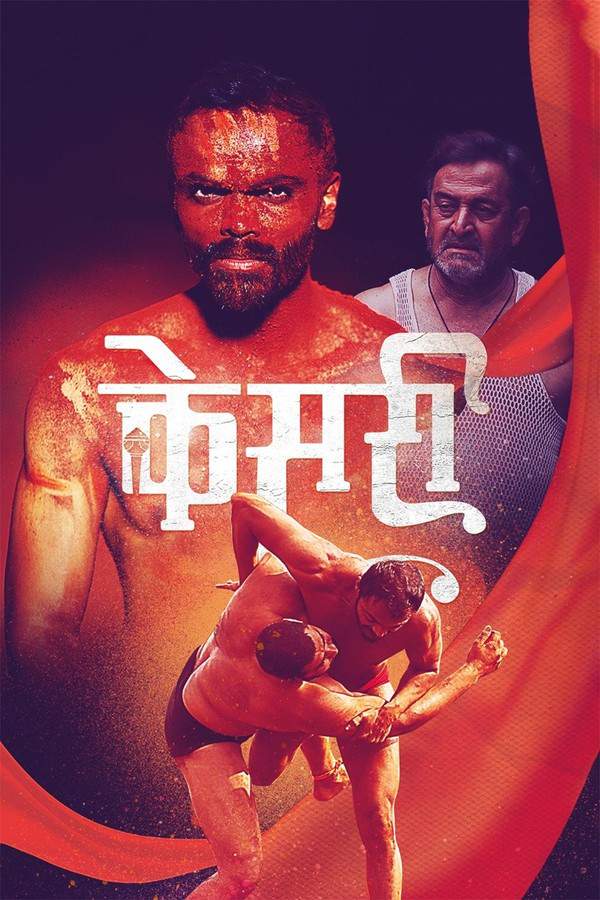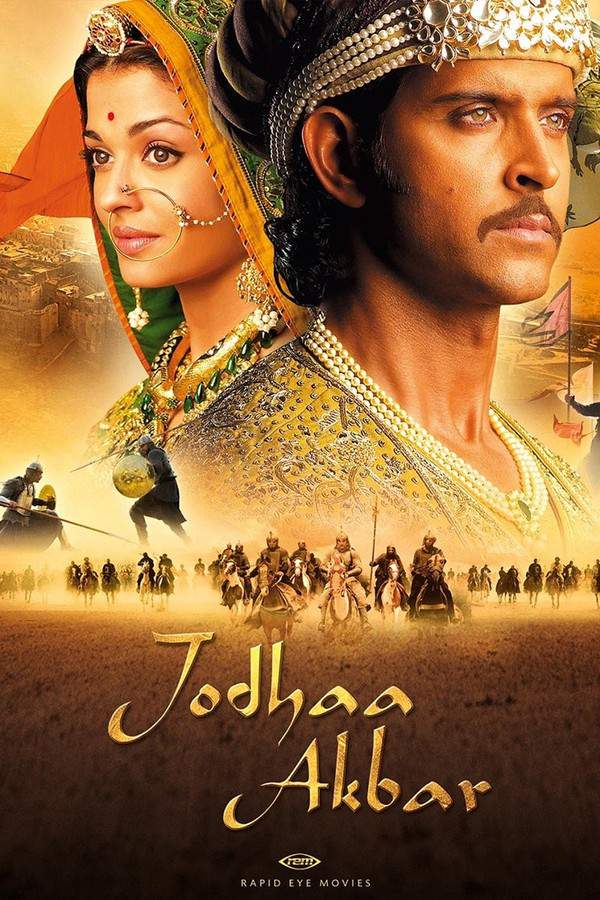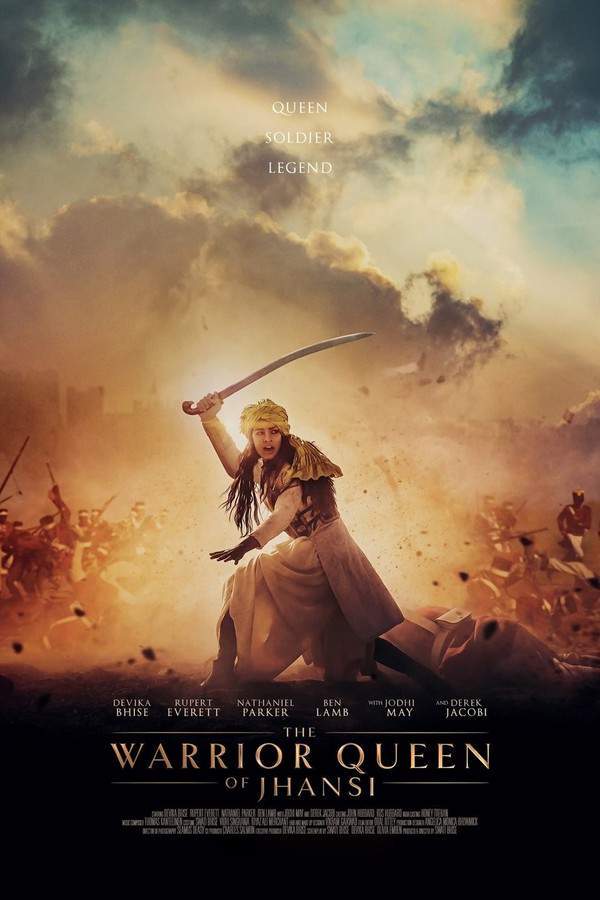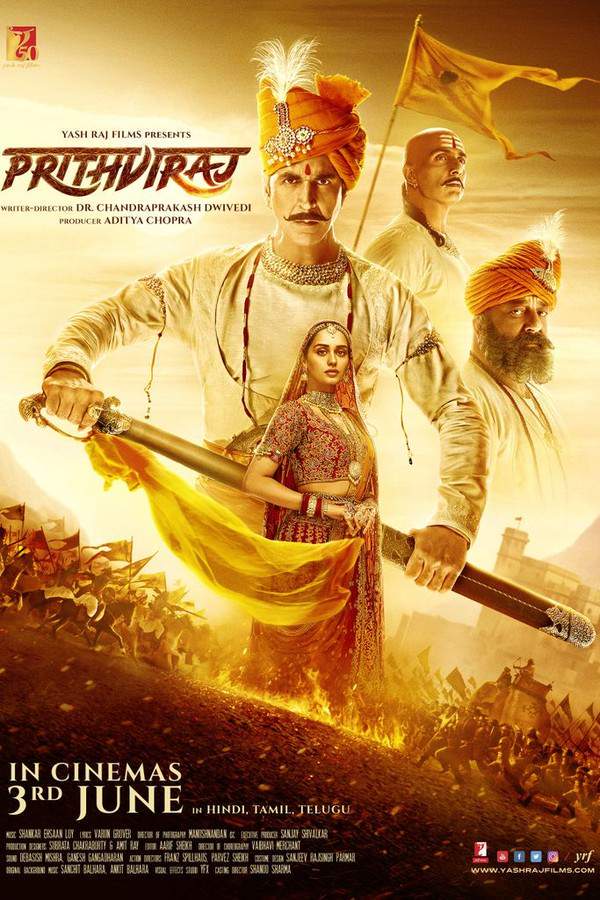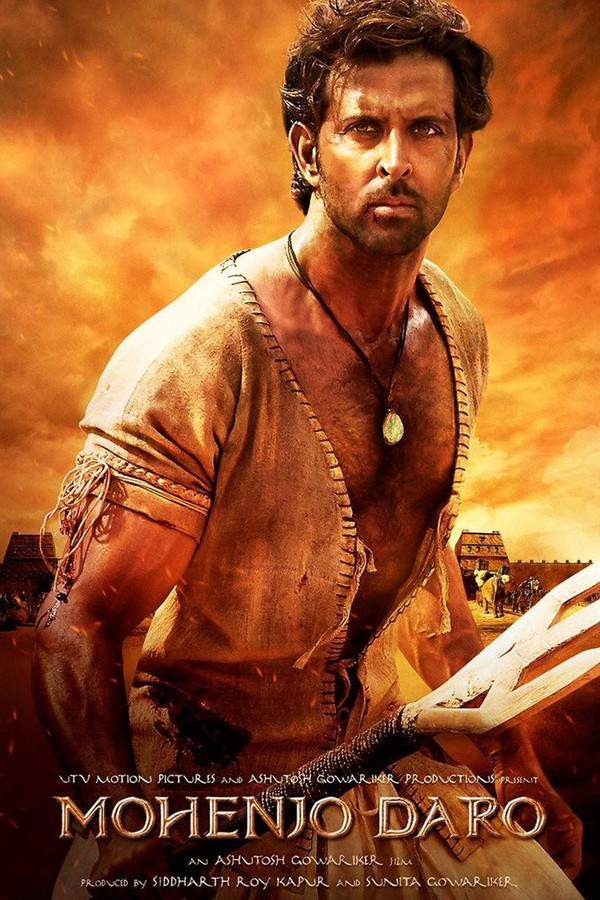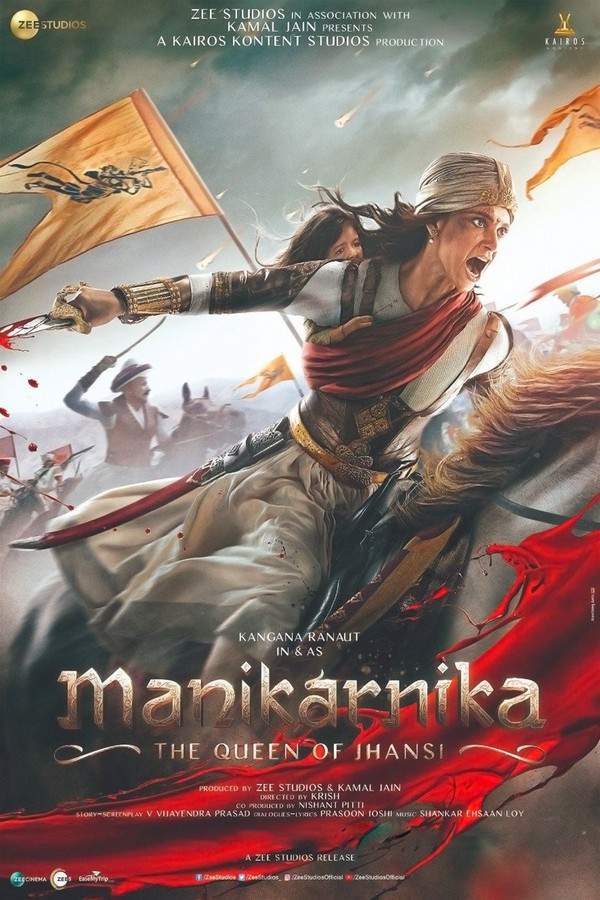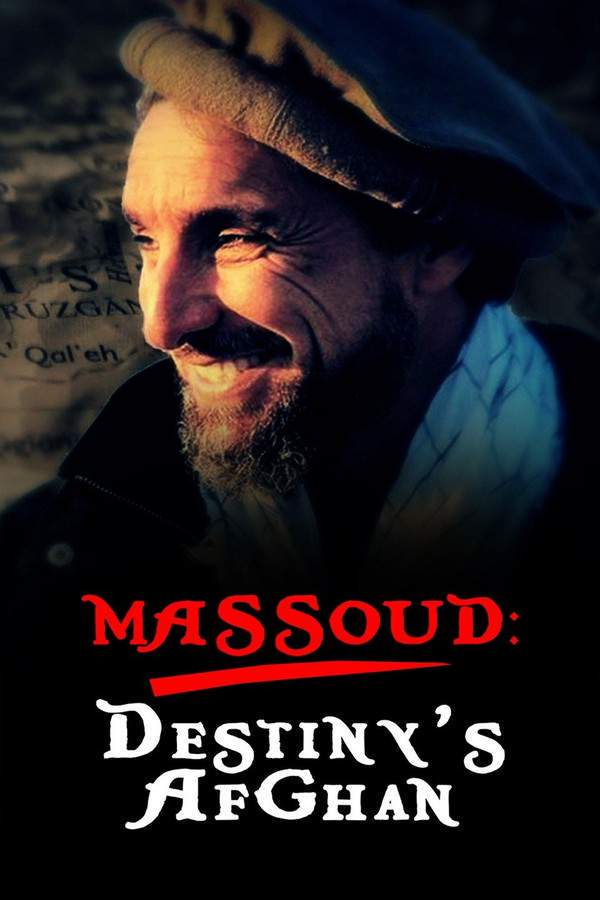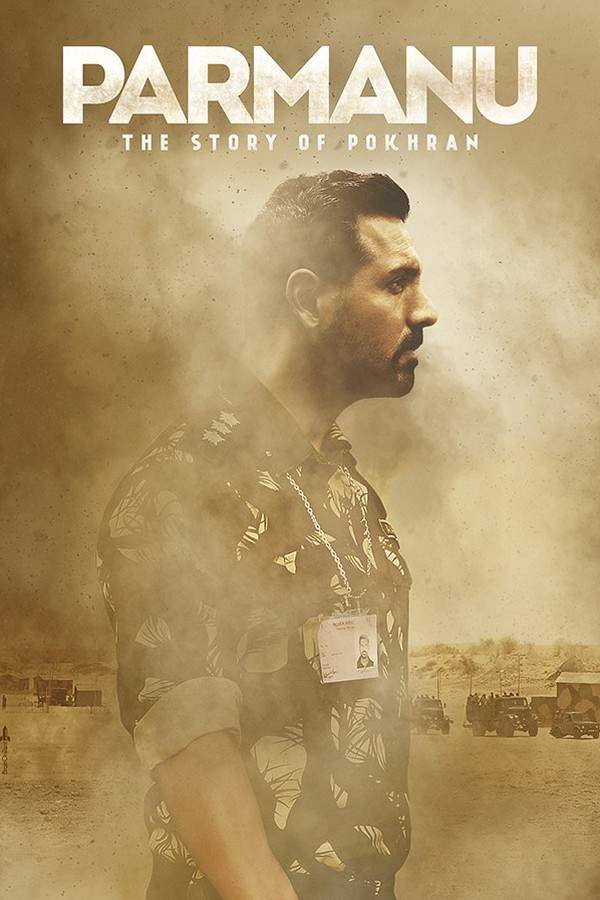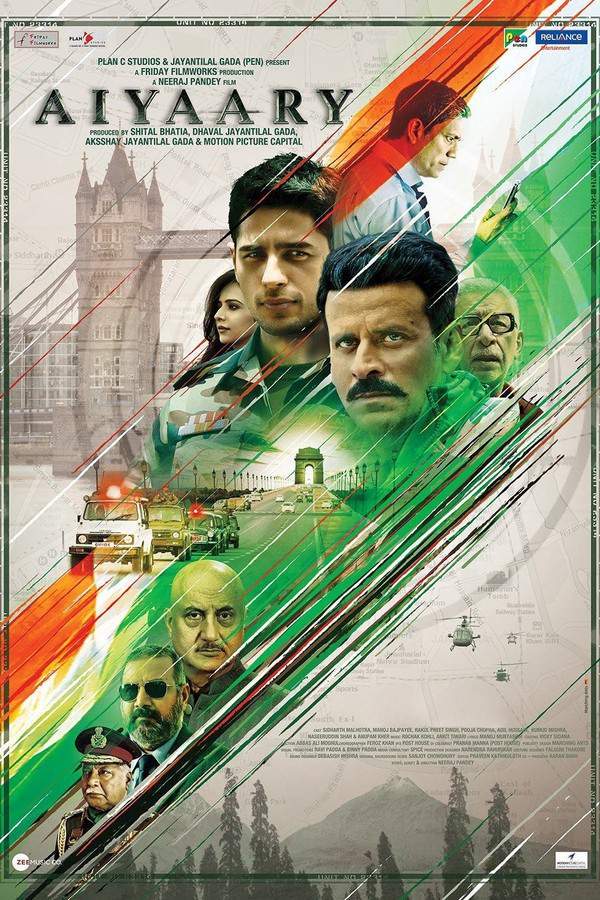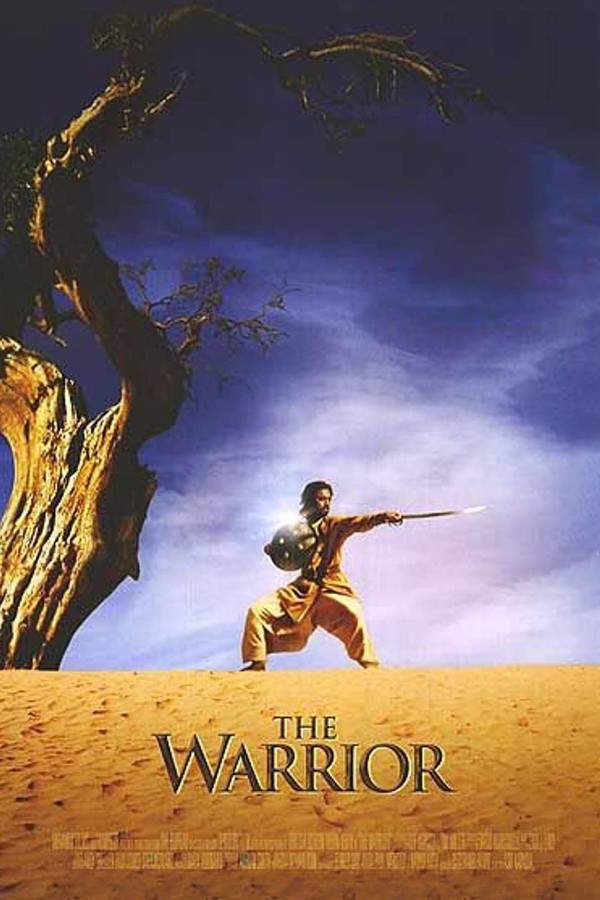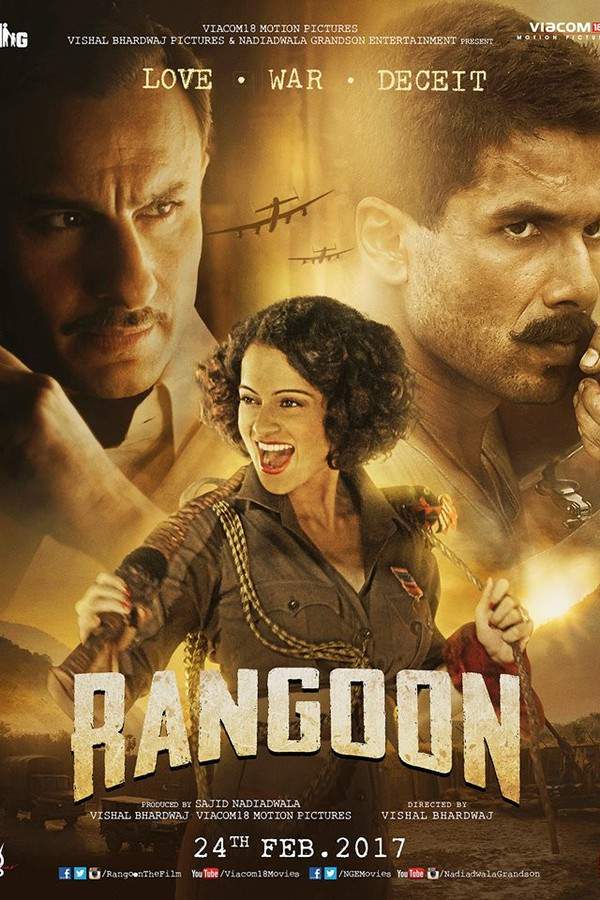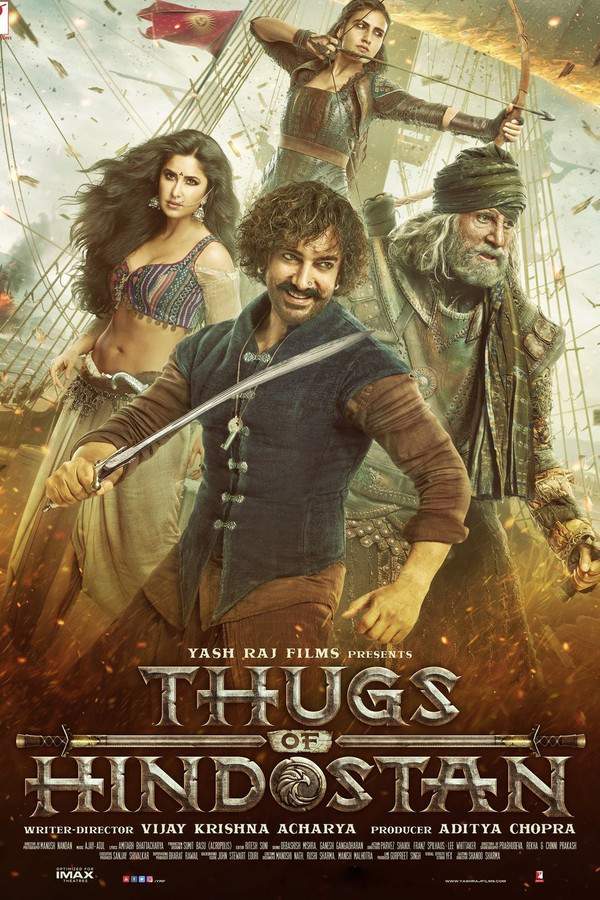Panipat 2019
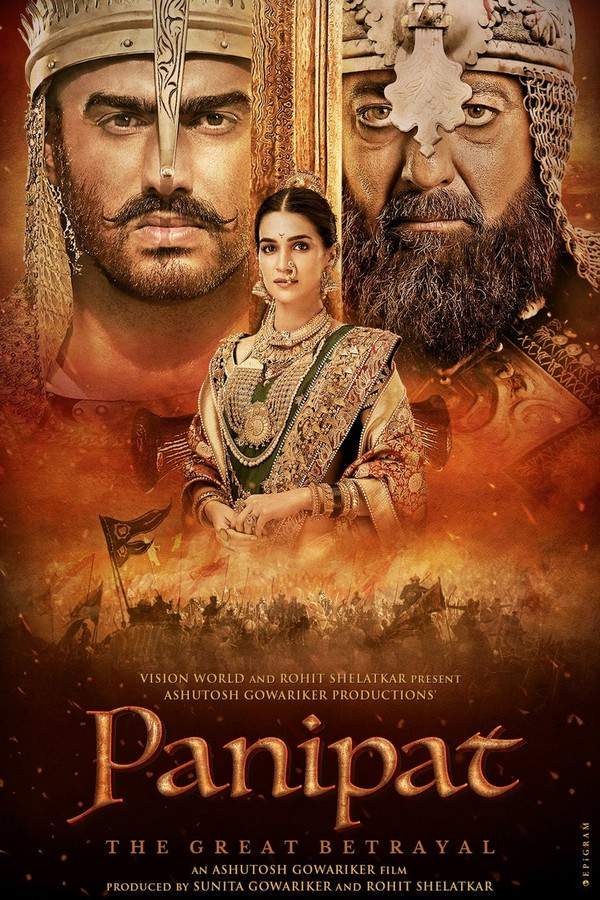
In 1761, as the Maratha Empire faces a crisis, Sadashiv Rao Bhau assembles his forces to confront the invading Afghan army under the command of Ahmad Shah Abdali. The ensuing battle of Panipat becomes a pivotal moment in Indian history, testing the strength and resilience of the Maratha warriors against a powerful and determined enemy.
Does Panipat have end credit scenes?
No!
Panipat does not have end credit scenes. You can leave when the credits roll.
Meet the Full Cast and Actors of Panipat
Explore the complete cast of Panipat, including both lead and supporting actors. Learn who plays each character, discover their past roles and achievements, and find out what makes this ensemble cast stand out in the world of film and television.
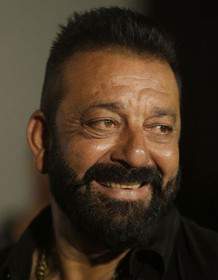
Sanjay Dutt
Ahmad Shah Abdali

Kunal Kapoor
Shuja-ud-Daula

Suhasini Mulay
Radha Bai

Arjun Kapoor
Sadashiv Rao Bhau

Kriti Sanon
Parvati Bai

Mantra

Mohnish Bahl

Nawab Shah
Ibrahim Khan Gardi

Padmini Kolhapure
Gopika Bai

Ravindra Mahajani
Malhar Rao Holkar

Sahil Salathia
Shamsher Bahadur

Zeenat Aman
Sakina Begum
External Links and Streaming Options
Discover where to watch Panipat online, including streaming platforms, rental options, and official sources. Compare reviews, ratings, and in-depth movie information across sites like IMDb, TMDb, Rotten Tomatoes or Metacritic.
Ratings and Reviews for Panipat
See how Panipat is rated across major platforms like IMDb, Metacritic, and TMDb. Compare audience scores and critic reviews to understand where Panipat stands among top-rated movies in its genre.

The Movie Echo Score
Panipat delivers a mixed viewing experience with occasional visual flair offset by uneven pacing and inconsistent character depth. Several reviewers praised its production design and battle sequences, noting the film’s elaborate sets and choreographed confrontations. However, criticism centers on the sprawling runtime and a lack of emotional resonance in key moments, which undermines engagement. While the historical scope and opulent visuals offer moments of interest, the uneven storytelling and character development limit its lasting impact.
The Movie Echo Score Breakdown for Panipat

Art & Craft
In terms of art and craft, Panipat presents strong production design and vivid set pieces that convey historical opulence. The cinematography captures sprawling battlefields with dramatic compositions, and the costume work adds a colorful authenticity. Editing occasionally feels sluggish, contributing to the film’s extended runtime. Overall, the visual presentation is richly detailed but hindered by pacing issues in post-production.

Character & Emotion
When it comes to character and emotion, performances vary from earnest to uneven. Some sequences convey the Maratha valor with conviction, but several roles lack depth and fail to establish meaningful connections. The film’s dialogue-driven scenes often struggle to achieve emotional payoff, diminishing the audience’s investment in personal stakes. Ultimately, the character portrayals provide moments of resonance but lack consistent emotional weight.

Story & Flow
Story and flow in Panipat are marked by an ambitious outline of historical events that sometimes becomes overly elaborate. The narrative delivers informative historical context, but lengthy exposition and a checklist-like screenplay disrupt momentum. Users found the plot engaging at times, yet critics highlight the film’s struggle to balance pacing and coherence. On balance, the storyline offers a comprehensive account but suffers from uneven progression.

Sensory Experience
In the sensory realm, Panipat excels with a dynamic soundscape and a stirring musical score that heightens battle sequences. The visual style employs saturated colors and grand set design to evoke period authenticity. Sound effects on the battlefield are immersive, although occasional mixing issues dilute impact. Overall, the film’s sensory elements provide a compelling audio-visual experience despite minor inconsistencies.

Rewatch Factor
For rewatch value, Panipat presents moments of spectacle that may appeal to fans of historical epics. Memorable battle scenes and elaborate choreography offer visual rewards on subsequent viewings. However, the film’s extended duration and episodic structure could deter repeat sessions. Viewers seeking a concise narrative may find limited incentive to revisit. The lasting appeal resides primarily in select action set pieces rather than broad rewatchability.


40%
TOMATOMETER

65%
User Score

5.2 /10
IMDb Rating

62
%
User Score

2.7
From 1 fan rating
Take the Ultimate Panipat Movie Quiz
Challenge your knowledge of Panipat with this fun and interactive movie quiz. Test yourself on key plot points, iconic characters, hidden details, and memorable moments to see how well you really know the film.
Panipat Quiz: Test your knowledge about the historical epic movie 'Panipat' and its characters, events, and themes.
In which year does the movie 'Panipat' take place?
1758
1761
1775
1745
Show hint
Full Plot Summary and Ending Explained for Panipat
Read the complete plot summary of Panipat, including all major events, twists, and the full ending explained in detail. Explore key characters, themes, hidden meanings, and everything you need to understand the story from beginning to end.
In the mid-18th century, particularly in 1758, the Maratha Empire was at its zenith, having grasped control over nearly all of India—save for the Nizam of Hyderabad in the southeast. The Maratha forces, commanded by Sadashiv Rao Bhau, lay siege to the Nizam’s fort in Udgiri, where the valiant defender, Ibrahim Khan Gardi portrayed by Nawab Shah, stands ready to deter them. Through a combination of clever tactics and remarkable bravery, Sadashiv manages to outsmart Ibrahim and secures the fort, bringing it under Maratha rule. Instead of vanquishing his opponent, Sadashiv opts for a strategic alliance, welcoming Ibrahim into the Maratha ranks as a commander, alongside his second-in-command, Shamsher Bahadur.
Upon returning to Pune, Sadashiv is met with the approval of many, yet he faces personal dilemmas concerning his romantic relationship with Parvati Bai, whom he hesitates to marry. Meanwhile, Gopika Bai, played by Padmini Kolhapure and the wife of the Peshwa, expresses her discontent regarding Sadashiv’s decision to appoint a Muslim commander without the Peshwa’s consent, voicing her concerns about the potential threats to the Peshwa’s power.
After succumbing to the pressure from friends, Sadashiv marries Parvati. Gopika’s influence leads the Peshwa to strip Sadashiv of his military command, relegating him to manage finances. In his new role, Sadashiv uncovers that Najib-Ud-Daula, portrayed by Mantra, is the principal tax evader. He instigates an edict for Mughal Emperor Alamgir, forcing regional kings to contribute 25% of their earnings to the Marathas as protection from adversaries, consequently undermining Najib’s influence.
Desperate to reclaim his standing, Najib seeks the aid of Afghan King Ahmad Shah Abdali, who unfolds plans to invade India to strengthen his dwindling empire against Persian threats. The situation escalates as the Mughals, misled into believing they remain under Maratha protection, face the looming threat of Abdali’s advancing forces.
As conflict brews, the Peshwa and Sadashiv decide to dispatch troops to safeguard Delhi. However, they soon realize their forces are outnumbered. In a bold move, Sadashiv asserts that he can rally additional allies along their route, including Malhar Rao Holkar and Shuja-Ud-Daula. Dramatically, opponents unfold, with Abdali’s coalition growing as Najib entices Shuja to align with him against the Maratha cause.
Ultimately, the Maratha forces face critical hardships as they attempt to cross the raging Yamuna River, which hinders their logistical support. In a show of determination, Parvati approaches Sakina Begum for aid, embarking on a mission to secure provisions for their advance. The Maratha troops manage to reach Delhi just ahead of Abdali, capturing it with the assistance of emerging allies.
However, tensions remain high. Sadashiv seeks to position a Mughal ruler under the Peshwa’s influence to maintain control over Delhi, leading to strategic negotiations with local leaders. Unforeseen challenges arise as Abdali’s army prepares for battle. As both armies brace for the clash on 14th January 1761, Sadashiv orchestrates a tactical layout, but the battle spirals into turmoil when Abdali strikes with alarming ferocity, resulting in Sadashiv’s devastating loss of Vishwas Rao, further shattering his morale.
In a tragic turn, betrayal unfolds as an Indian king withdraws support in the heat of battle, leaving Sadashiv vulnerable against the relentless Afghan forces. He fights valiantly but ultimately succumbs. Despite the loss, Abdali offers respect toward Sadashiv’s bravery and valor, acknowledging the strength and courage of the Maratha army in his letters back to the Peshwa. The legacy of this conflict would resonate through time, marking a significant chapter in Indian history.
Uncover the Details: Timeline, Characters, Themes, and Beyond!
Watch Trailers, Clips & Behind-the-Scenes for Panipat
Watch official trailers, exclusive clips, cast interviews, and behind-the-scenes footage from Panipat. Dive deeper into the making of the film, its standout moments, and key production insights.
Panipat Themes and Keywords
Discover the central themes, ideas, and keywords that define the movie’s story, tone, and message. Analyze the film’s deeper meanings, genre influences, and recurring concepts.
Panipat Other Names and Titles
Explore the various alternative titles, translations, and other names used for Panipat across different regions and languages. Understand how the film is marketed and recognized worldwide.
Similar Movies To Panipat You Should Know About
Browse a curated list of movies similar in genre, tone, characters, or story structure. Discover new titles like the one you're watching, perfect for fans of related plots, vibes, or cinematic styles.
Other Names for Panipat
Explore the alternate titles, translations, and working names for Panipat. Learn how the film is known in different regions, languages, and releases, and discover the variations that reflect its cultural reach and marketing choices.
Quick Links: Summary, Cast, Ratings, More

What's After the Movie?
Not sure whether to stay after the credits? Find out!
Explore Our Movie Platform
New Movie Releases (2025)
Famous Movie Actors
Top Film Production Studios
Movie Plot Summaries & Endings
Major Movie Awards & Winners
Best Concert Films & Music Documentaries
Movie Collections and Curated Lists
© 2025 What's After the Movie. All rights reserved.











